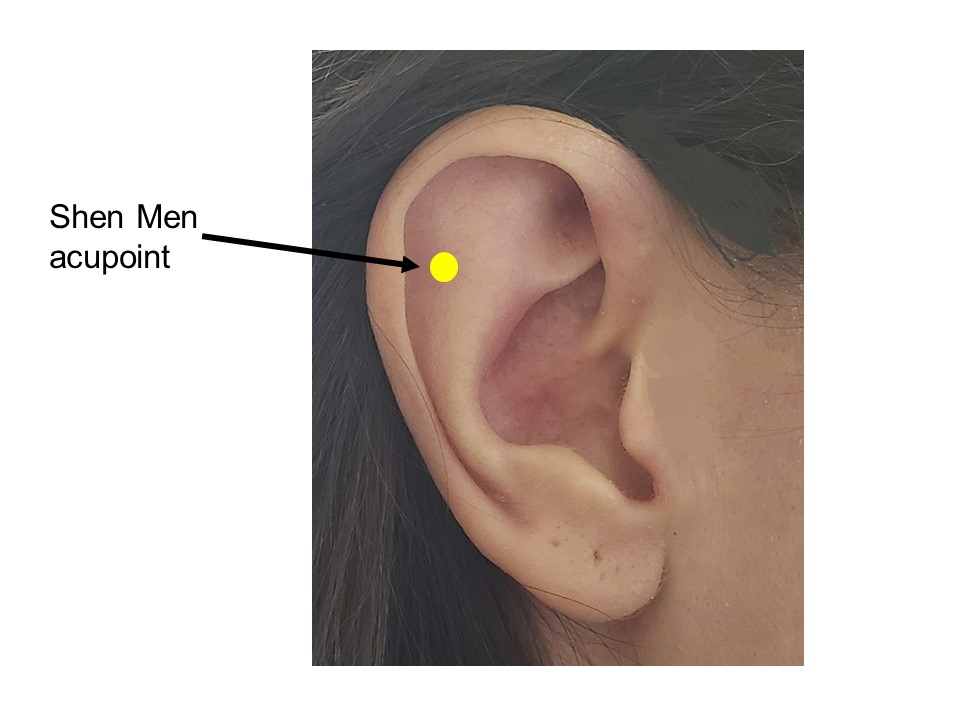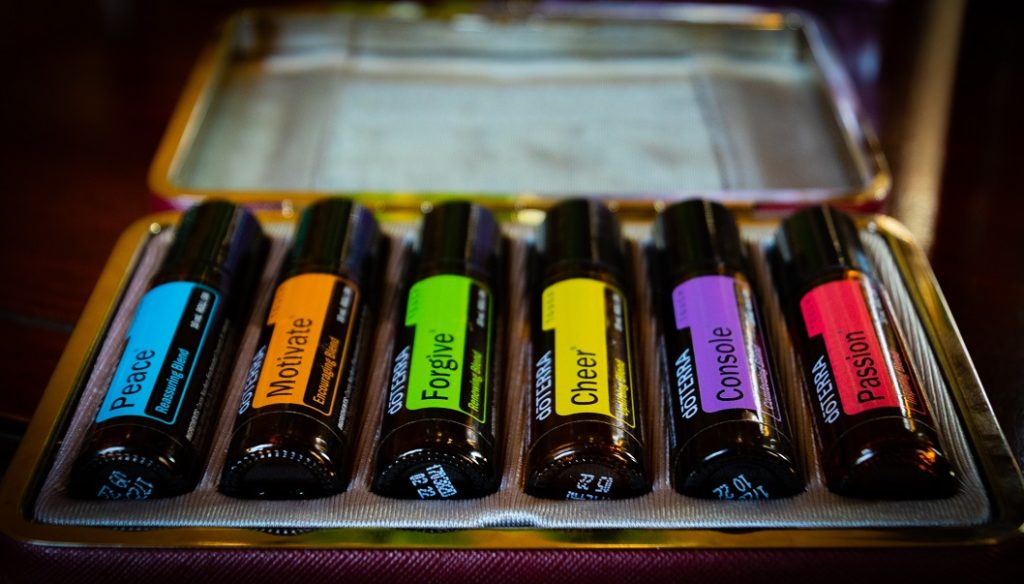Whether you’re dealing with the challenges of parenting, a day-to-day rat race at work, the spread of a pandemic, or a looming deadline and/or big event in your life, the associated stress of daily life is something that most of us unfortunately encounter on a routine basis. By now, most of us have heard of the classic ways to reduce stress, but there are many other ways that you may not have heard of. I’ll give you 11 of them!
But first, how do we respond to stress?
Our bodies are designed to respond to things that are stressful in ways that help us to escape those stressful things. We inherited this from our animal ancestors.
If we’re suddenly facing a bear, our cerebral cortex quickly processes that it’s a bear, our emotional center or amygdala generates fear of the bear, and a whole cascade of events takes place, leading to release of a hormone called cortisol.

Suddenly, our hearts race, our blood starts pumping, our brain waves change from cool calm alpha waves to fast, erratic beta waves. Now we are alert. We have the energy to run from the bear; or these days, save the kid from a rip tide, ace that exam, or perform your best at an important meeting.
It’s when the stress goes on for a long time that bad things start to happen. Long-term stress can lead to reduced immune function, which is why you may get sick more when you’re stressed. It reduces memory and can shrink the size of your brain! It can even kill you! So it’s really important that we have ways to decrease the activity of this whole system.
Great, but how do we do this?
Well, the most obvious answer would be to get rid of the thing that’s stressing you out. You’re probably thinking “Duh, but that’s not an option”. I know, it almost never is. So instead, we can use our brain chemistry to fool our brains into thinking that thing isn’t all that stressful.
Our brains produce chemicals that are soothing, chemicals that make us feel good (like dopamine, serotonin, and endorphins). These chemicals also, luckily, can decrease cortisol and return our brain waves to those calm alpha waves. So we need to do things that flood our brains with these good chemicals.
Okay, so what does that?
Yoga and meditation are excellent ways to do that. They both help distract you from the stressful things and also act to flood your brain with those feel-good chemicals. But I’m sure you’ve heard about those a million times over. There are actually additional ways to reduce stress that you probably haven’t heard of! Here they are:
1. Chew some gum

Just the act of chewing gum can bring up the mood and decrease levels of cortisol. It seems to be the act of chewing that does this rather than something in the gum. Chewing restores those nice calm alpha waves in your brain. So choose whatever gum you want , but make sure to really get that jaw going. The participants who got the most relieve chewed over 40 pieces of gum in 14 days, but those who chewed less also enjoyed a substantial benefit. So, if you’re feeling anxious, pop a stick or two.
2. Smile
Yes, I realize that sounds crazy. The last thing you want to do when you’re stressed is smile. But luckily, just the act of making yourself smile is enough to fool your brain into thinking that you want to. It’s true! It’s called self perception theory; the idea is that acting a certain way will lead to truly feeling that way.
Studies show that participants who made themselves smile had decreased feelings of stress and heart rates during a stressful task. But to get this result, you have to make sure to activate the right muscles.

You use 12 different facial muscles to smile. The biggest are the zygomaticus muscles that run from your mouth to your ear area, and the orbicularis oris muscle that rounds in a circle around your mouth. During a standard smile, you’ll use the zygomaticus muscles, but during a real, stress-reducing smile, you need to use both the zygomaticus and the orbicularis oris muscles. So smile big folks!
3. Give yourself a good belly laugh

They say laughter is the best medicine, and that sentiment is certainly true when it comes to stress relief. There are many studies showing that laughing triggers release of the feel-good hormones serotonin and dopamine in the brain, and decreases cortisol levels. Watching a funny movie is one effective way of doing this, though I prefer to sit and read though a bunch of funny memes like these.
4. Listen to music

This may actually be why the guided meditations work so well – because they’re usually accompanied by relaxing music. Simply listening to music is enough to decrease cortisol levels. These effects can begin within an hour of starting the music! So crank up those tunes when you’re feeling stressed.
5. Look at pictures of nature

It’s true! Just viewing pictures of nature is enough to substantially decrease levels of stress and increase psychological well-being too! Scientists think it’s the fascinating quality of nature that does it. It stimulates what they call involuntary attention, which distracts from the directed attention that you’re devoting to stress and effectively calms your brain.
Here are some amazing nature photos from National Geographic to get you started.
6. Better yet, get outside, and play a sport or two!

Residents who live in areas with more green space enjoy better health in general, and just visiting a natural space can reduce stress levels by 87%! Playing sports has an added benefit in this arena, the more strenuous, the better. So if you have time, get out there and get that heart pumping.
7. Look at pictures that have fractals
If you don’t have time to get outside, there is a way to make those nature pictures even more effective – find nature images with fractals. Fractals are geometric figures that have similar patterns that repeat at smaller and smaller scales. They are very common in nature, and it turns out, looking at them can reduce stress. In fact, looking at images with fractals helped people recover from stress 60% faster and restored the alpha wave patterns in their brains. Trees are great examples of fractals:

No matter what scale you use, you’re looking at branched figures. You can also find fractals in snowflakes, lightning, from watching waves come in from the ocean, or from gazing at the stars in the sky. Doesn’t this picture of a fern seem soothing?

Ferns are excellent examples of fractals. For more fractals to soothe your brain and reduce stress, check out these great images of trees or the paintings of Jackson Pollock, who painted fractals way before scientists even knew what they were.
8. Color a Mandala
Adult coloring books have been touted as a great measure of stress relief in recent years and with good reason. Creating art is a great way to put your mind back in a relaxed state. But it is even more effective to color mandalas. A mandala is a circular piece of art that resembles stained glass, like this one:

These were used in Eastern cultures as a form of meditation. In fact, in Sanskrit, Mandala means “healing circle”. Studies now show that coloring manadalas produces a meditative state that decreases anxiety. So if you’re going to whip out the colored pencils, try coloring a Mandala.
Don’t have a coloring book with Mandalas? There are a bunch at this link.
9. Eat some chocolate

If you know you have a stressful event coming up, eating some dark chocolate may help you to stress less. Scientists gave study participants dark chocolate containing 72% cacao and then put them through a mock interview where they had to do math. Those who ate the chocolate had lower levels of cortisol during the stressful event. So it partially prevented the stress and anxiety!
In addition, cacao has several psychoactive ingredients that cause the release of the feel-good chemicals dopamine and serotonin in the brain. These will also help to reduce stress, whether it’s coming up or already here.
10. Pinch your ear
For centuries, Eastern medicine has told us that the body has pressure points that can be manipulated to benefit health. Acupuncture and acupressure are now commonly used for a variety of physical problems, including as a method of stress relief.
In particular, auricular (ear) acupressure significantly decreases anxiety and decreases cortisol levels. Scientists think this works by stimulating the parasympathetic nervous system, which is also known as the “rest and digest” part of the nervous system. It decreases heart rate and stimulates feel-good endorphins in the brain.

Try the Shen Men acupoint. You gently pinch the inner curve of your ear between your thumb and forefinger, and feel around until you feel a slight depression. That’s the acupoint. Just lightly squeeze and massage this point in a circular motion for about a minute, and this should help to alleviate anxiety.
11. Sniff your way to stress relief

We’ve all heard the buzz about essential oils, but did you ever wonder whether they actually do anything? Well, quite a few studies say they do, and they’re particularly good for stress relief. Sniffing sandalwood shifted participants’ brain waves to those calm alpha waves, and orange, lavendar, rosemary, and peppermint all helped reduce stress and anxiety in people who sniffed them.
To get the benefit of essential oils, you can get a diffuser to make the whole room into a relaxation den. Or, if you want something more portable, drip some of the oil on a cotton ball, pop the cotton ball in a plastic bag, and head out!
Wrapping it up!
When alleviating stress, you need to activate the brain pathways that soothe the brain, and trigger those relaxed alpha waves. Most of these methods are, in effect, telling your brain that it’s time to calmly concentrate rather than run from something threatening. I hope these help you in times of stress!









